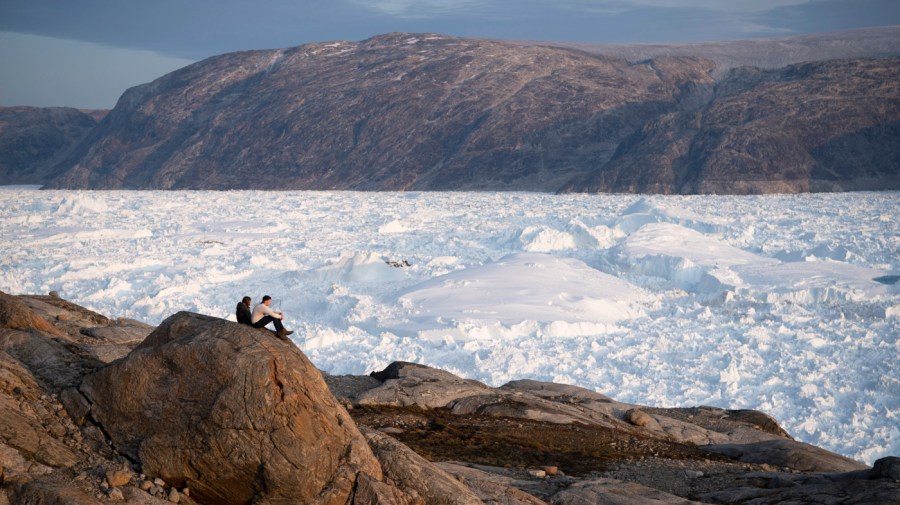
Donald Trump’s calls to acquire Greenland, by sale or force, carry echoes of another episode in American history: the ham-fisted bid to obtain Cuba before the Civil War.
The era of Manifest Destiny had brought immense new territories under U.S. control including Texas in 1845, the Oregon country in 1846 and the vast cession by Mexico in 1848 following the Mexican-American War.
But the country hit a wall when it attempted to take Cuba from Spain in 1854.
Pro-slavery expansionists had long set their sights on the Spanish colony. American filibusters had launched expeditions to conquer the island but failed. However, Franklin Pierce’s win in the 1852 presidential contest gave fresh hope to those keen on securing new lands where slavery could thrive.
A native of New Hampshire, Pierce was the epitome of a doughface — a northern politician friendly to southern slaveholding interests — and especially eager to stretch the nation’s borders.
“The policy of my administration will not be controlled by any timid forebodings of evil from expansion,” he announced in his inaugural address.
It was not altogether surprising, then, when a trio of his top European diplomats, in October 1854, penned a missive arguing for the U.S. acquisition of Cuba from Spain. The infamous document became known as the Ostend Manifesto, taking its name from the Belgian city where the three men — James Buchanan, John Mason and the volatile Pierre Soulé — met to hash out their plan.
In tones reminiscent of the Declaration of Independence, their manifesto proclaimed: “In the progress of human events, the time has arrived when the vital interests of Spain are as seriously involved in the sale, as those of the United States in the purchase of the island.” Such a transaction, it continued, “will prove equally honorable to both nations.”
Similar to Trump’s rationale for acquiring Greenland, the authors cited the island’s strategic location and importance for countering national security risks. Like Trump, they coupled the offer to buy with words of menace. If the Spanish refused to sell Cuba, they avowed, “then, by every law, human and divine, we shall be justified in wresting it from Spain, if we possess the power.” The stench of plunder was unmistakable.
In their response, Spanish officials made clear that they would rather see the island sink to the bottom of the ocean than cave to American bullying.
Embarrassed on the international stage and embattled domestically, Pierce watched his dreams of acquiring Cuba drift away.
Historian John Suval is the author of “Dangerous Ground: Squatters, Statesmen, and the Antebellum Rupture of American Democracy.”












